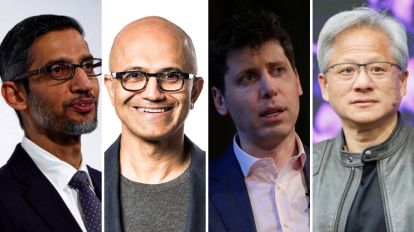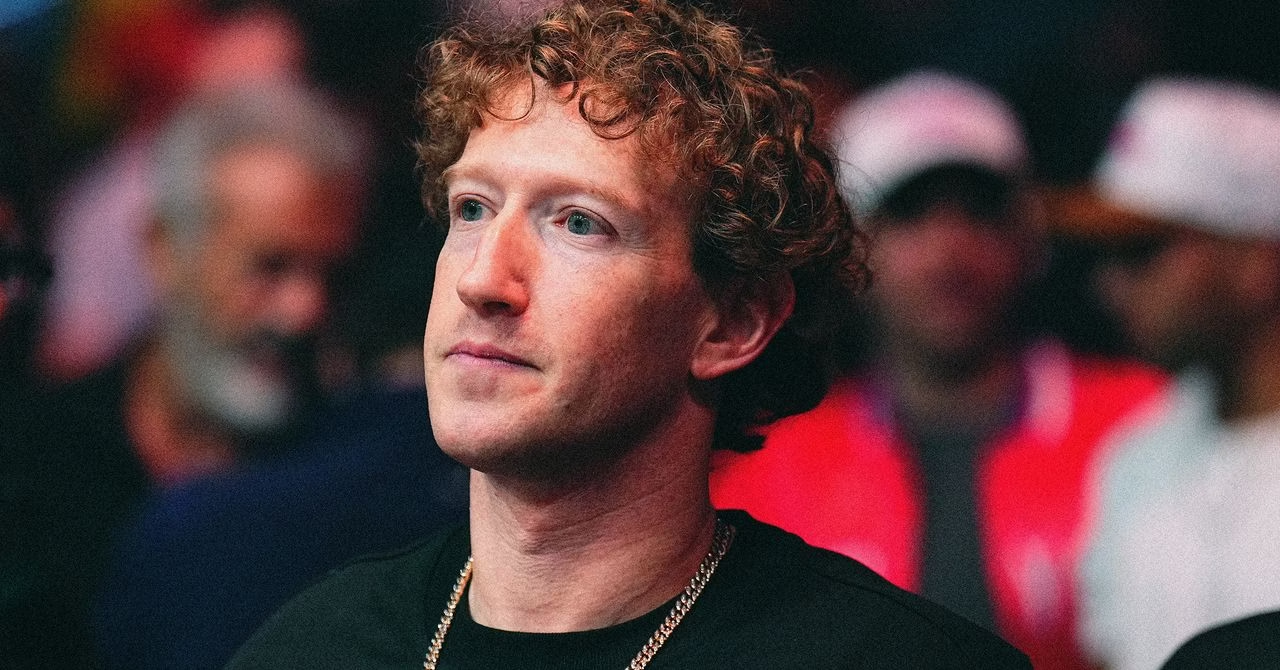Introduction
If you scrolled through X (formerly Twitter) or Bluesky recently, you were likely inundated with posts about former President Trump’s announcement of reciprocal tariffs and the resulting stock market plunge. However, among the chaos, a particular silence was hard to miss: the absence of commentary from top tech leaders like Jeff Bezos, Tim Cook, Sundar Pichai, and Mark Zuckerberg.
Their silence might seem surprising, especially considering that the “magnificent seven” tech giants collectively lost trillions in market value after the announcement. Yet, there’s a strategic logic behind their restraint—one that’s deeply tied to survival in an unpredictable political climate.

The Silent Response of Big Tech Leaders
While the market reeled, notable tech executives remained conspicuously silent on social media. Even Elon Musk, usually quick to comment, treaded carefully. This silence wasn’t due to indifference; it was a calculated move.
The United States’ political environment has become increasingly volatile, making it risky for business leaders to publicly oppose government actions. As a communications executive close to two major tech CEOs put it, “The sand doesn’t stop shifting long enough to make a cogent statement.”
The Strategy Behind Staying Silent
Rather than risking political fallout or retaliation, tech CEOs have opted for discretion. The nature of Trump’s leadership—where decisions can pivot within hours—means that even well-intentioned public statements could quickly become irrelevant or damaging.
Instead, tech leaders are focusing their efforts where they can be most effective: behind closed doors.
Behind-the-Scenes Lobbying Efforts
Tim Cook’s Direct Line to Trump
During Trump’s first term, Apple CEO Tim Cook cultivated a direct relationship with the former president, a move that allowed him to lobby effectively on issues like trade and immigration. Sources suggest that Cook is likely leveraging this connection once again to advocate for Apple’s interests.
Nvidia’s Strategic Moves
Similarly, Nvidia CEO Jensen Huang, who notably skipped Trump’s inauguration, recently attended a $1-million-a-head dinner at Mar-a-Lago. Shortly afterward, the administration softened its stance on export controls for certain chips sold to China—a vital victory for Nvidia.
These examples underscore how back-channel diplomacy has become a crucial tool for tech companies navigating the complexities of trade policy.
Private Lobbying vs. Public Statements
Personal lobbying allows tech leaders to push for specific exemptions that directly benefit their companies without engaging in public battles. For example, Apple, with its intricate supply chain, has different needs compared to Nvidia, whose focus lies heavily on GPU imports.
As political strategist Niki Christoff notes, “Broadly opposing tariffs is not useful if business leaders can get exemptions on their own products.”
At Trenzest, we recognize that this form of strategic advocacy is becoming increasingly critical for companies navigating global markets.
The Role of Trade Organizations and Financial Leaders
In addition to private lobbying, tech firms are leveraging trade organizations like the Business Roundtable, which represents companies such as Alphabet and Amazon. Business Roundtable CEO Joshua Bolten recently urged the administration to reach agreements with trading partners and implement “reasonable exemptions.”
Meanwhile, banking leaders like JP Morgan Chase’s Jamie Dimon and influential hedge funders like Bill Ackman have taken on the role of speaking out publicly, giving tech leaders additional cover to continue their lobbying efforts quietly.
Notable Outliers Among Tech CEOs
While most tech leaders have maintained a strategic silence, a few have spoken out. Amazon CEO Andy Jassy, for instance, warned that tariffs could lead third-party sellers to pass higher costs onto consumers. Meanwhile, Microsoft CEO Satya Nadella, alongside Bill Gates and Steve Ballmer, discussed tariffs during an interview with CNBC’s Andrew Ross Sorkin.
Ballmer candidly acknowledged the economic disruption tariffs could cause, emphasizing that “disruption is very hard on people.”
Conclusion: Navigating a Volatile Landscape
The current political climate demands that tech leaders act with caution, favoring private negotiation over public confrontation. In a landscape where fortunes can shift overnight, maintaining flexibility and access to decision-makers is paramount.
As the global market becomes increasingly complex, companies must adapt their strategies to protect their interests. Whether through back-channel lobbying or strategic partnerships, understanding the political dynamics at play is more crucial than ever.




